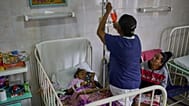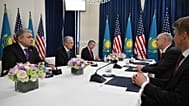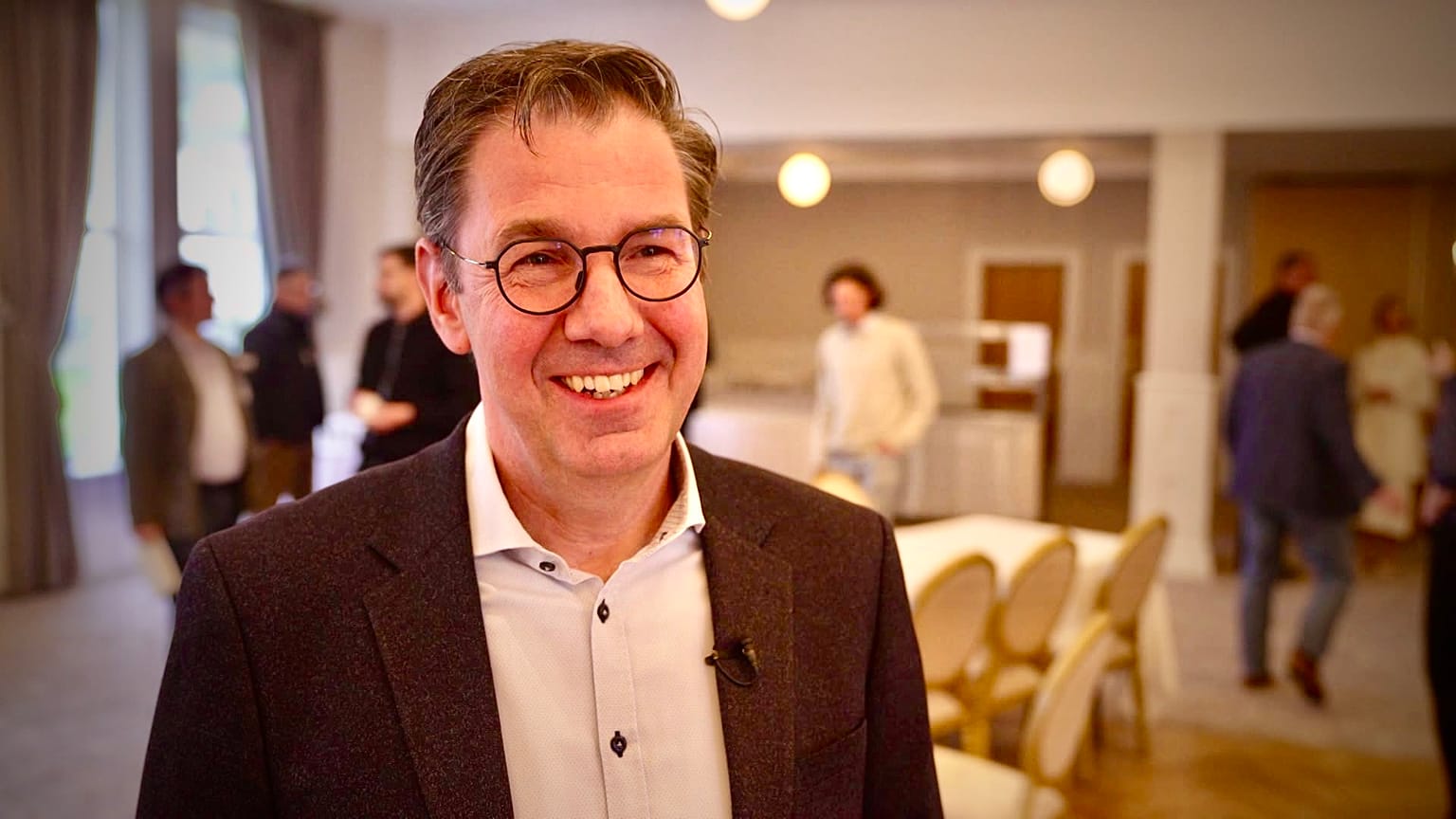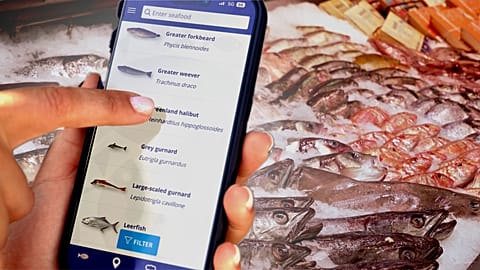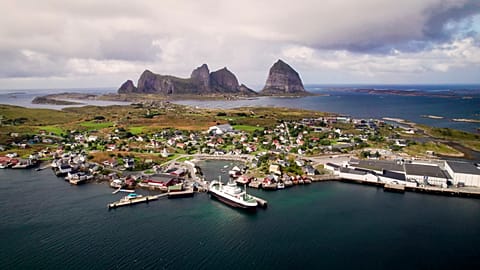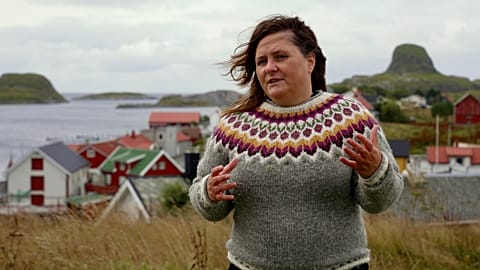Despite marine management efforts over decades Europe's fish stocks are still under pressure. The EU is supporting fishers turning to seaweed farming as an alternative livelihood.
With fish stocks declining and marine ecosystems suffering, there's a growing belief that some of Europe’s fishers could help reverse this trend by diversifying into seaweed farming. In many regions, this emerging sector can offer a promising alternative income, creating new jobs for coastal professionals while providing healthy local seafood and aiding in the recovery of ocean biodiversity.
 ADVERTISEMENT
ADVERTISEMENT
 ADVERTISEMENT
ADVERTISEMENT
This shift toward regenerative ocean farming is central to the EU Algae Initiative , which funds pilot projects to help fishers transition to sustainable practices. This initiative is part of a broader EU strategy to develop a sustainable and lucrative algae industry, with the European market for seaweed expected to reach €9 billion by 2030, spurred by high demand in the food, cosmetics, pharmaceutical, and energy sectors.
At the recent "Seaposium-24" conference in Ireland, "Ocean" spoke with Felix Leinemann, Head of Unit for Blue Economy Sectors, Aquaculture and Maritime Spatial Planning at the European Commission’s Directorate-General for Maritime Affairs and Fisheries.
Blue economy boost
"The EU Algae Initiative is an action plan to increase the sustainable production and consumption of algae in Europe. And we are addressing this with 23 actions in different areas. We look at regulation, we look at the business environment, how to help the sector improve. We are looking at public awareness, consumer awareness and finally also at knowledge gaps, because there are a lot of things that we still don't know.
"The demand can be six times as much within this decade. So, it's necessary that we also produce our own seaweed. The Atlantic or the North Sea are ideal conditions for cultivating seaweed. And that's really where we should do more. Of course, we don't want to force fishermen to go into something else, but we see it as an offer to diversify their activities and their income.
Aquaculture alternatives
"And this is actually one of the actions in the action plan that we have with the EU Algae initiative – to help fishermen become regenerative ocean farmers. It's just a reflection of the reality that there are less fish in the waters, not necessarily due to overfishing, also due to pollution, to agricultural effluents, especially if we look at the Baltic Sea. And the craft that fishermen have, the knowledge of the sea, is very important to do this kind of work," Leinemann said.

